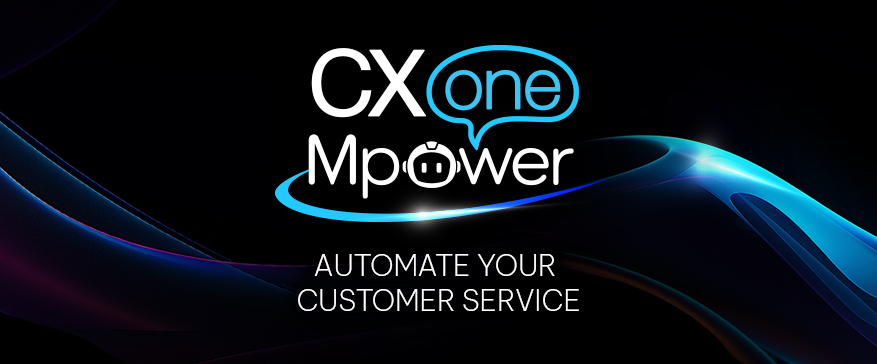Delineating technology’s role in improving The CX / Technology alone cannot improve CXs
Human beings offer something that technology cannot – empathy and emotion. Many consumers are still turning to human agents for service concerns – even with the rise in popularity of new social and digital channels. When asked what factors are most important in a service inquiry, consumers expressed a desire for clear communication (34 percent) and friendly interactions (23 percent). Pairing agents and customers based on their personality, such as with NICE's Predictive Behavioral Routing solution, is one way that technology can help to improve these interactions and customers’ cravings for connection. Organizations should also explore speech analytics technology, such as that offered by NICE Nexidia, to identify trends in customer satisfaction as well as customer journey data to improve agent interactions.Rethinking chat and social media strategy to win over consumers
Between September 2017 and October 2018, social media users grew by 320 million. For contact centers looking to actively improve the customer experience, it will be essential to adopt analytics solutions that will minimize the challenges they have when it comes to aggregating data from these channels – but perhaps not in the way they think. NICE found that 45 percent of consumers expect businesses to have their full history of interactions after only one previous interaction. While data from social media channels can help to fill in the gaps when it comes to the customer journey, over 54 percent of respondents said they are unlikely to use social media for inquiries, reflecting a continued lack of preference for using social media for customer service. As contact centers look to increase consumer confidence in online chat and social messaging channels, after having spent millions of dollars to make them available, they must ensure these interactions can be tracked and analyzed. This consumer data can be used to both improve outcomes for the business and improve the quality of customer service to ultimately augment consumer confidence and trust.Looking Forward
Today, personalization across all channels is the expectation, not the exception. NICE’s 2019 State of Analytics in Customer Service survey illuminates insights for analytics technology decision makers as well as customer experience professionals when it comes to how intelligent analytics can help to enhance the overall customer experience. By understanding how consumers interact with brands, organizations can efficiently improve ROI and utilize consumer data to their advantage.Listen to an educational webinar sharing the complete findings from the NICE 2019 State of Analytics in Customer Service survey, here – or read the whitepaper discussing additional points from the survey here.








